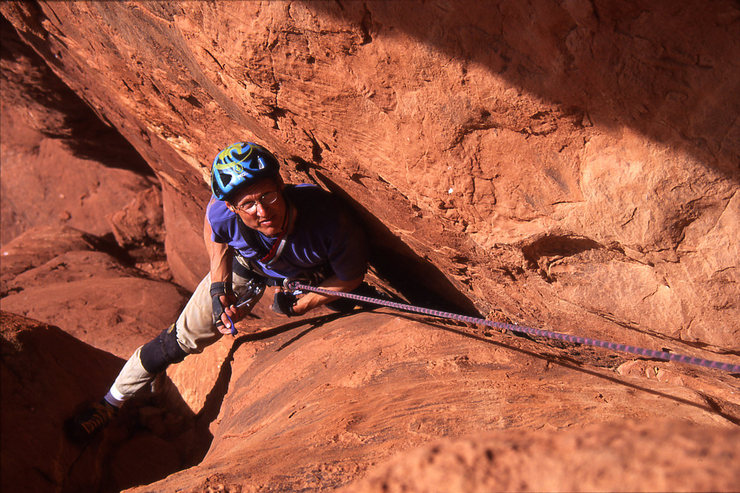This week, we are proud to announce Douglas Biber’s membership on the CASS Challenge Panel. Find his brief autobiographical introduction below.
 I have been interested in lots of different research issues over my career, but for the most part, these have all involved the analysis of linguistic variation in natural texts, and the description of the ways in which linguistic features vary across registers. Surprisingly, I began to develop this emphasis even before I got interested in corpus-based approaches.
I have been interested in lots of different research issues over my career, but for the most part, these have all involved the analysis of linguistic variation in natural texts, and the description of the ways in which linguistic features vary across registers. Surprisingly, I began to develop this emphasis even before I got interested in corpus-based approaches.
So, for example, I recently re-read an article that I wrote in 1984, on focus markers in Central Somali, and I was surprised to be reminded that I was already developing this research focus. In that article, I argued that focus markers in Somali oral narratives are used for important discourse functions — signaling aspects of textual organization and prominence — rather than simply distinguishing between given versus new information. But the surprising thing to me was that I was already developing the view that register/genre differences are centrally important to the description of language use: “…pragmatic roles should be studied in a broad range of discourse genres…since each genre may illustrate different functions of the same constructions” (Biber 1984:1).
Shortly afterwards, I started working with computerized corpora, and I have found corpora to be extremely useful as collections of natural texts representing different spoken and written registers. As a result, basically all the research that I’ve carried out since the 1980s has been based on the analysis of corpora.
Beyond my overall interest in register variation, I have used corpus analysis to explore patterns of variation at many different specific linguistic levels, including collocational patterns, phraseological patterns (lexical bundles and lexical frames), lexico-grammatical patterns, grammatical features (with a particular recent interest in grammatical complexity), and discourse units. I have been interested in the description of register variation from both synchronic and diachronic perspectives, and in describing patterns of register variation in English as well as other languages. My most influential works have probably been my 1988 Cambridge book Variation across Speech and Writing, where I develop the ‘multi-dimensional’ approach to the analysis of register variation, and the 1999 co-authored Longman Grammar of Spoken and Written English. But I’ve authored or co-authored a dozen other books over the years, on topics ranging from linguistic variation among university registers, to corpus approaches to the analysis of discourse organization, to cross-linguistic patterns of register variation. At present, I’m actively working on several projects, including a book describing the historical development of grammatical complexity features in written registers, a major NSF-sponsored grant project to describe the patterns of linguistic variation among Web registers, and an ETS-sponsored grant project to describe the patterns of linguistic variation among university student written registers across disciplines.
Visit the CASS Challenge Panel page to read about our other members.
